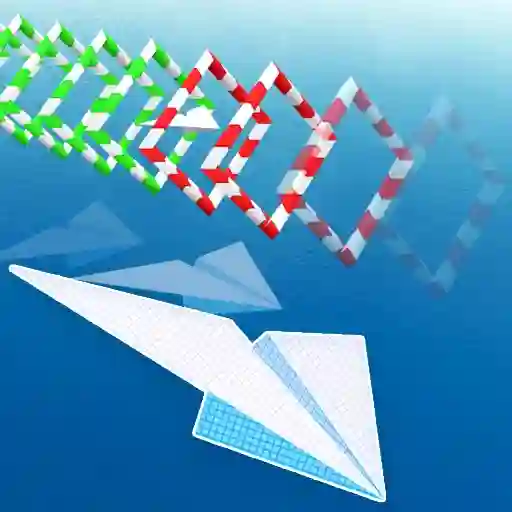







































Endless games are a genre of video games characterized by their infinite or indefinite gameplay, offering players endless progression, replayability, and challenges. These games often feature procedurally generated content, ensuring that each playthrough is unique and unpredictable. Endless games can take many forms, including but not limited to:
• Endless runners: Games where players control a character that moves automatically, and the goal is to survive as long as possible by avoiding obstacles or enemies.
• Infinite shooters: Games where players engage in continuous combat with enemies that spawn endlessly.
• Tower defense: Players build defensive structures to fend off waves of enemies that never stop coming.
• Endless puzzles: Puzzle games with an infinite number of levels or challenges.
• Survival games: Players must survive for as long as possible in a harsh environment, often with limited resources.
Key features of endless games include leaderboards, daily challenges, and permanent death, which adds a layer of difficulty and replay value. These games are designed to keep players engaged for long periods, with bite-sized gameplay sessions and rewards for progression.
What makes endless games so popular?
Endless games are popular because they offer infinite replayability and quick gameplay sessions, making them ideal for casual and hardcore gamers alike. The challenge of beating high scores and the satisfaction of progressing further each time also contribute to their appeal.
Are all endless games the same?
No, endless games vary widely in genre, mechanics, and art style. While they share the core concept of endless gameplay, each game offers a unique experience, whether it’s through fast-paced action, strategic planning, or relaxing puzzles.
Can endless games be completed?
No, by definition, endless games do not have a definitive end. Instead, they focus on high scores, progression systems, and challenges to keep players engaged. The goal is often to survive as long as possible or achieve the highest score.